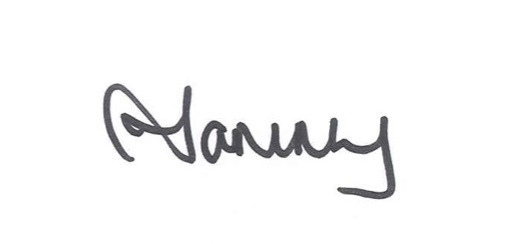
We were lucky enough to take off for some time in the sun recently. Our original flights were canceled, so we pivoted and ended up on the island of Phuket for ten days, which was glorious. Whilst we were checking in for that flight, I saw something that piqued my interest from an (organisational) cultural perspective.
We reached the check in counter, and because our flights had been changed at the last moment there was a bit of fiddling around that the check in assistant had to do. When I thanked her for sorting it out, she said “well it’s lucky you have me and not him” pointing over to her colleague who had seemed to be a bit flustered. I thought it was a slightly strange comment. The colleague then came over and needed some help with the people he was checking in, and it was clear from her response that she found the whole interaction irritating at best. She spoke to him as though he was a small child and with a tone of smug superiority. The whole interaction went on for quite a few minutes and was embarrassing to witness. We saw him again later on, and it became apparent that he was new to the position and was needing a lot of help to work out the mechanics of what to do and when.
Now, I am coming across this interaction in isolation of the full story. Possibly he was the most irritating team member known to man. Perhaps the morning had been filled with annoying interactions. Perhaps he really was making her life more difficult. Perhaps she was having a really bad day. I’ll never know any of that of course.
But what made this stick out for me though was that feeling of when you’re in a new environment (whether that be workplace/school/sporting club) and how the experience can be so enhanced by people who take you on board and help you to succeed rather than get frustrated by your lack of knowledge and inexperience. How there are those that are happy to teach and there are those that are just annoyed that you make their lives more difficult whilst you are learning. And how being part of a team is when the team wants everyone to do well for the greater good of the team.
The other thing that stood out was that this is a company that prides itself of a great corporate culture and great teamwork. They advertise it regularly and use it as part of their employee brand and their broader corporate identity and brand. Whilst it is great to see examples of where the stated culture and the actual culture are the same, it’s always a bit disappointing to see when they’re not.
Irrespective of his part in the interaction, her response was disappointing and didn’t reflect well on her. She probably felt that it was showing her in a positive light (look how competent I am compared with him), but in reality part of being part of a team is helping all in the team succeed. And part of being part of a great culture is not airing your dirty laundry in public to make yourself look good.
I was reminded of a very wise mentor of mine who once said that his reflection when going out to the manufacturing floor was that he was always on display. What he did and said (or didn’t do or say) was being observed, and opinions formed. This is true of all of us, but particularly employees who face the public.
It is no good having a great external brand with glossy ads if your employees don’t live it. They are the embodiment of the brand.
Until next week, happy reading.


